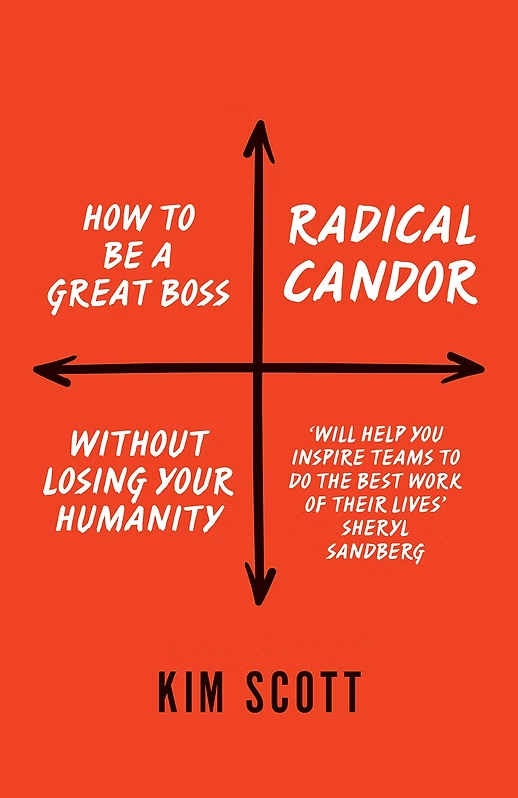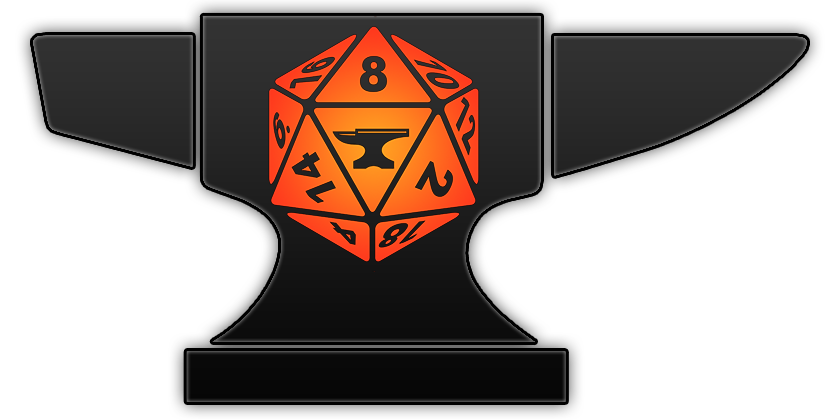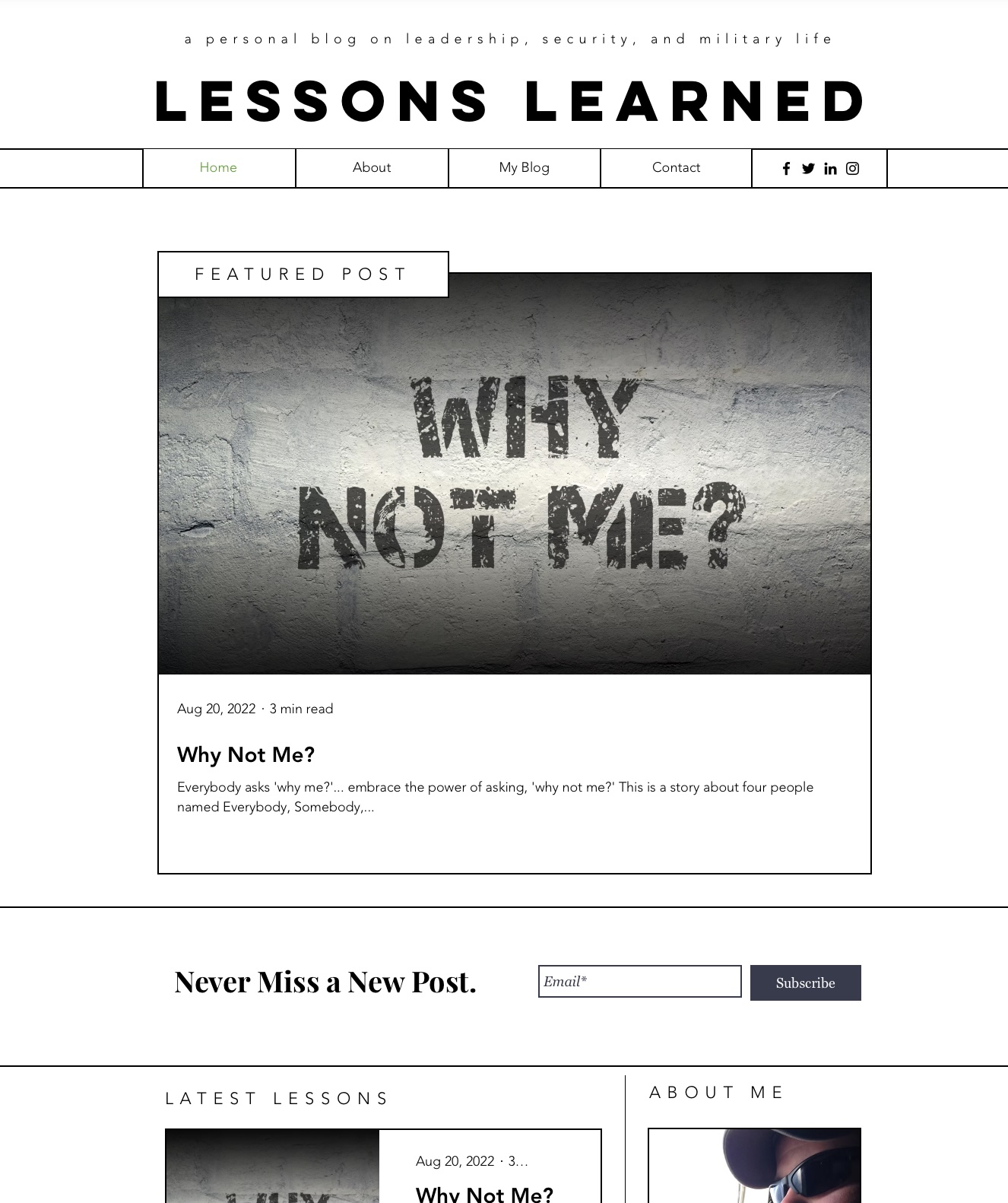It starts with recognizing that war is a family business.
In 2015, I was attending the U.S. Air Force’s Mathies Non-Commissioned Officer Academy down in Keesler Air Force Base, Mississippi. While I certainly valued the lessons I learned through the course material; I like to tell people that the real benefit to in-residence professional military education (PME) comes from meeting service members from dramatically different backgrounds and learning about them. Additionally, as a reflection of the things you learn from them, you learn a lot about yourself, your particular community, and what makes you culturally unique among the scope of the broader force.
Memories
PME is one of those things service members love to complain about. You have to wear your uniform impeccably, you can’t smoke, you have to call everybody by their rank and last name, and you can’t swear. This last point, in particular, always bites me right in the ass! Over my years of service, I must admit that I have carefully honed the time-honored military art of swearing so well that my Airmen might swear that it’s punctuation or perhaps even a verbal pause in lieu of the more traditional “uhh.”
One night, while hanging out with Technical Sergeant Heather Snuffy (not her real name), we discussed my issues in class with calling people by their rank and last name… and my swearing. She patiently explained that she understood turning off some of my professionalism after class (we were all away from our home stations or TDY), but she had a hard time understanding why I couldn’t always turn on my professionalism during the day.
For some context, I had returned one week before my PME class start from my ninth deployment in six years. I was scheduled to go back out for my tenth deployment one week after I would graduate. Because of the communities I tended to work with, first names were a standard, rank was largely immaterial, and merit was the focus. We were still in the military, so we understood that there were times and places where you stood up smartly, saluted swiftly, and rendered all the appropriate respect due to the rank and position, but the combat zone (or even often at home) was rarely the time or the place. TSgt Snuffy worked in Public Affairs, which helps communicate commanders’ messages through various articles, photographs, and broadcasts. I worked in an aircrew field, continually providing support to units on the ground in combat. So when TSgt Snuffy asked me why I couldn’t always keep up my professionalism, I had to ask, “Have you ever deployed?”
TSgt Snuffy: “No, not yet.”
Me: “What do your normal work hours look like? What names do you go by in each situation?”
“I come in at 0900, work until around 1630, and go home. During working hours, I’m TSgt Snuffy. After I get home, I take off my uniform, and I’m Heather. It’s that easy,” she said as if to reassure me about my own difficulties.
That’s when it hit me. TSgt Snuffy’s Air Force experience and mine were completely different. Her service included regular hours, while mine (even at home) was wildly erratic. She focused on a 9-to-5 garrison mission that was relatively low risk (though still important), while mine involved a lot of constant life-or-death situations. That’s when I explained:
“When I’m deployed, the barriers are down. We sweat together; we bleed together. We laugh together; we cry together. There’s no room for personal space or professional space; there’s simply the small space we share at all times. We’re a family first. Sometimes – like all families – we hurt each other with our words or actions, but that hurt is never out of malice.”
A Family Business
Because of me and my teammates’ unending rotations, those barriers didn’t reform once we were back at home station, but I have come to recognize and appreciate that our experience as a family was not universal, but vital. It was at that moment that I realized that while it’s not service-wide, I was approaching every Airman (or Soldier, Sailor, and Marine, for that matter) as my sister or brother. They are family. I will not – and cannot – be perfect or traditionally professional around my family.
To TSgt Snuffy’s credit, I got the impression that she felt a similar epiphany. Watching her outstanding career evolve since then, I cannot help but feel that the lessons she learned in her Non-Commissioned Officer Academy experience were similarly profound for her. This is why our service members attend PME, not necessarily for the curriculum, but for “a-ha!” moments outside of class like these.
War is fundamentally a family business. 9-to-5 professionals that go to war will usually return with a strong sense of the military as a family and retain that feeling for life. The real challenge is how we can capture the benefits of that for our teammates that have not yet gone to war or may never (directly) do so? How do we all help the TSgt Snuffys of the world realize that part of our military without a chance encounter with then-TSgt Vertner at PME?

One solution I have found is in the lessons from Kim Scott and her book, Radical Candor. I talked about this previously, when I listed it as my number one of my Top 5 Leadership Books. The number one thing to understand is that personal relationships are fundamental to professional relationships. You cannot offer useful and valid feedback to someone underperforming unless you have taken the opportunity to learn about them personally. You need to directly understand their personal motivations before you can hope to guide them to professional greatness.
I’m fond of telling my Airmen that my primary responsibility is to help them succeed, whether that’s in the military, promoting to that next rank, or moving on to that civilian career. Our Air Force will get theirs either way. In the meantime, I want to work hard with them to merge their personal goals with the Air Force’s professional needs. By investing in them personally, I have an easier time offering them useful feedback, and they have more trust in myself (and each other). We can also be honest about career goals and accept when someone wants to be a rockstar versus the superstar. All of this developed personal closeness forges a family and provides some glue to the organization. When I look down at my duty uniform and see my nametape, I like to point to the one on my right that says, Vertner, and say, “That’s the family I had before I enlisted,” and then point at the one over my heart where it says, U.S. Air Force, “… and that’s the one I earned after I enlisted.”

Conclusion
That’s just one of the many amazing lessons I have learned from PME over the years. Like many valuable PME lessons, it wasn’t part of the published curriculum, but I believe it was undoubtedly part of the intended experience. In this case, I came to appreciate one of the good sides of my particular community: a strong sense of family. Since then, I have further embraced the value in that and actively sought ways to build on it. Writers like Kim Scott and Brené Brownhave provided me with tools that Boyd or Sun Tzu did not! War is a family business, and our family is strong. What are some ways you have built your organizational sense of family?


